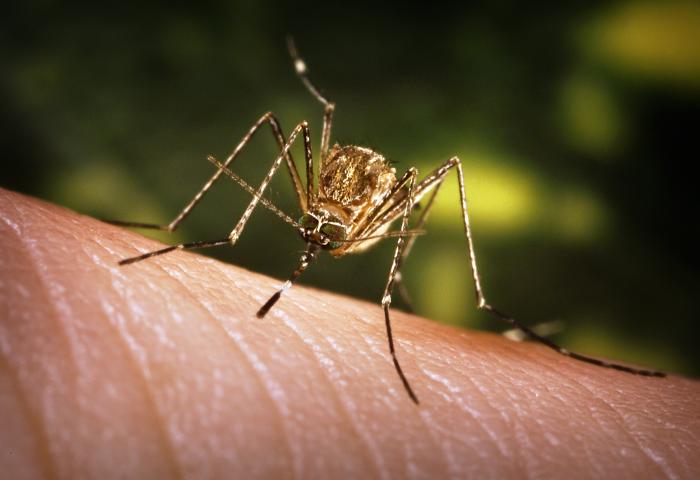 If you’ve been following the news lately, you’ve noticed a lot of attention on Zika virus, an emerging mosquito-borne disease that’s spreading across the Americas. As of today, no cases of Zika have been found in Arizona, but several other U.S. states are reporting cases of Zika virus in travelers returning from countries where the virus is circulating.
If you’ve been following the news lately, you’ve noticed a lot of attention on Zika virus, an emerging mosquito-borne disease that’s spreading across the Americas. As of today, no cases of Zika have been found in Arizona, but several other U.S. states are reporting cases of Zika virus in travelers returning from countries where the virus is circulating.
On Monday, the World Health Organization convened their Emergency Committee based on reported increases in birth defects associated with Zika virus. After discussion of the issue, the Committee declared the situation to be a Public Health Emergency of International Concern. This declaration provides additional support for coordinated global efforts to improve surveillance, prevention and control of Zika virus.
Here in Arizona, we continue to monitor the Zika virus situation and provide updates to public health and healthcare partners. Work we’ve been doing for mosquito-borne diseases in general will prepare us well to respond to Zika cases too. For the last year, we’ve convened a monthly meeting of statewide public health and vector control agencies that shares updates and educational messages for the public and healthcare providers, and works together to prevent disease spread of all mosquito-borne diseases. This means that agencies across Arizona are coordinating efforts to protect communities from the threat of diseases like Zika, dengue, chikungunya, West Nile virus and Saint Louis encephalitis. We’ve also prepared mosquito-borne disease response plans to ensure we’re ready to respond in the event that a Zika (or other emerging mosquito-borne disease) case is identified in Arizona.
The main way Zika virus spreads is through the bite of an infected mosquito. Zika virus can also spread from a mother to a child during pregnancy or birth and in rare cases through blood transfusion or through sexual contact. The most important thing to remember is that










currently in Asia, there is 1 case in Thailand. Yeah, the only thing we can do to prevent this is to prevent mosquitoes bite us.